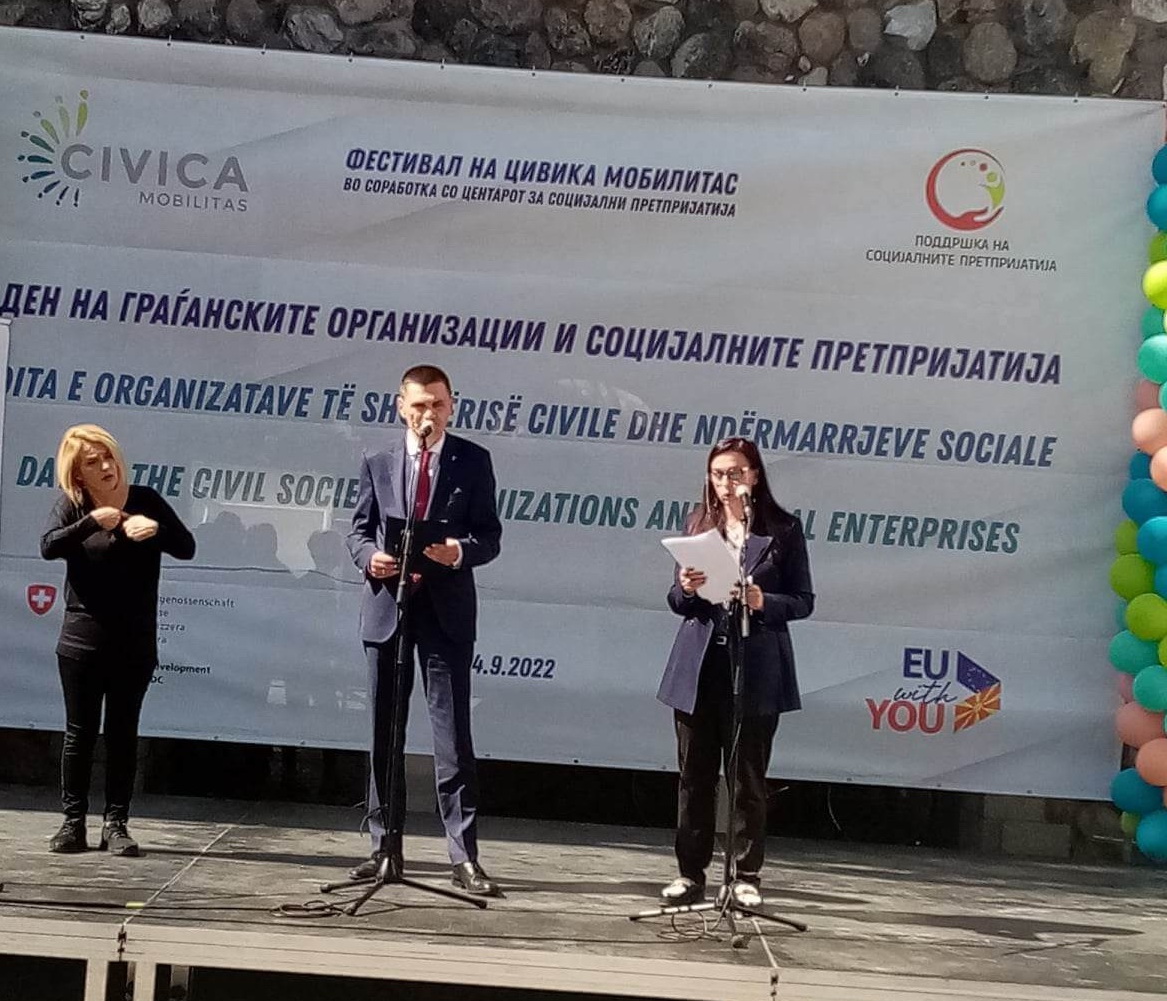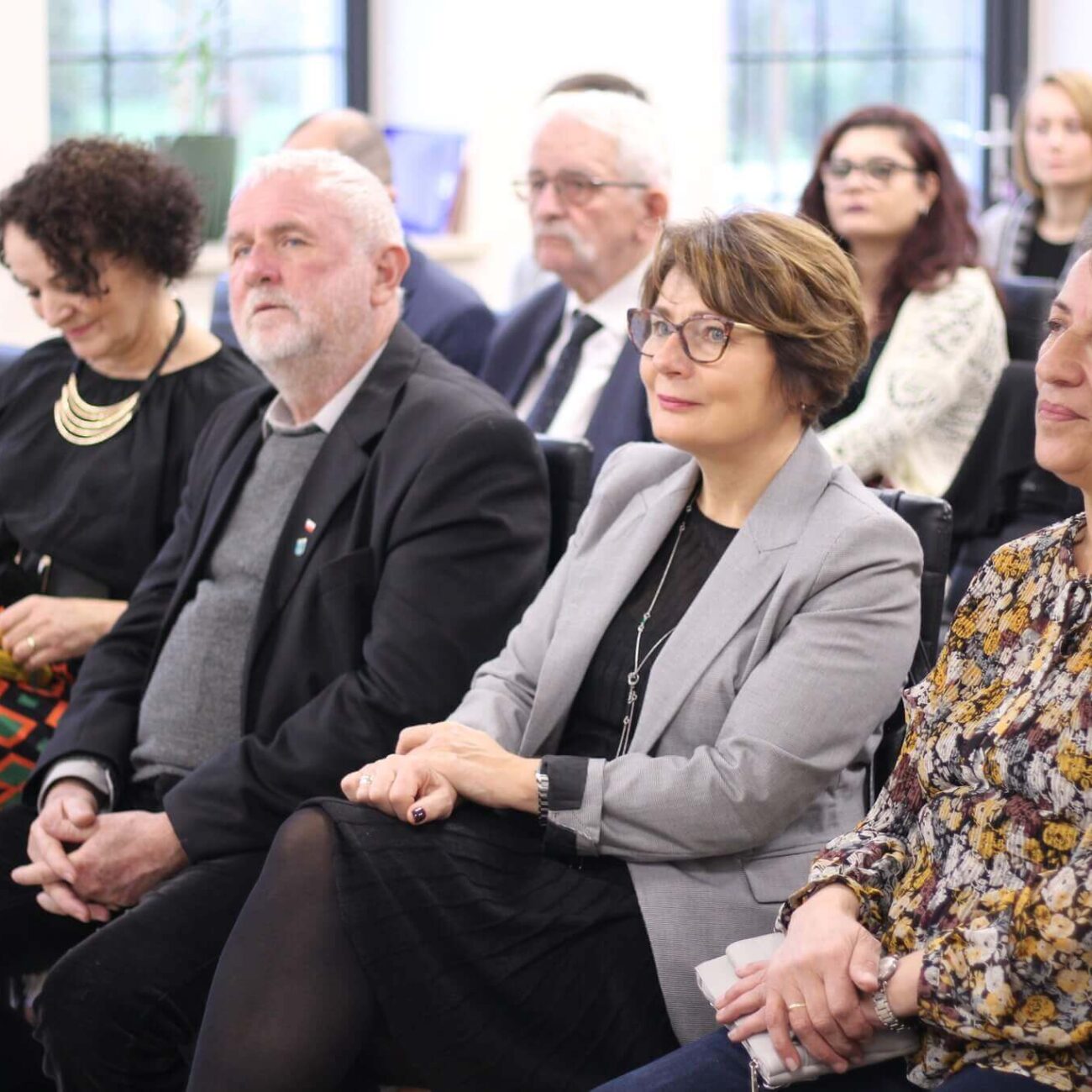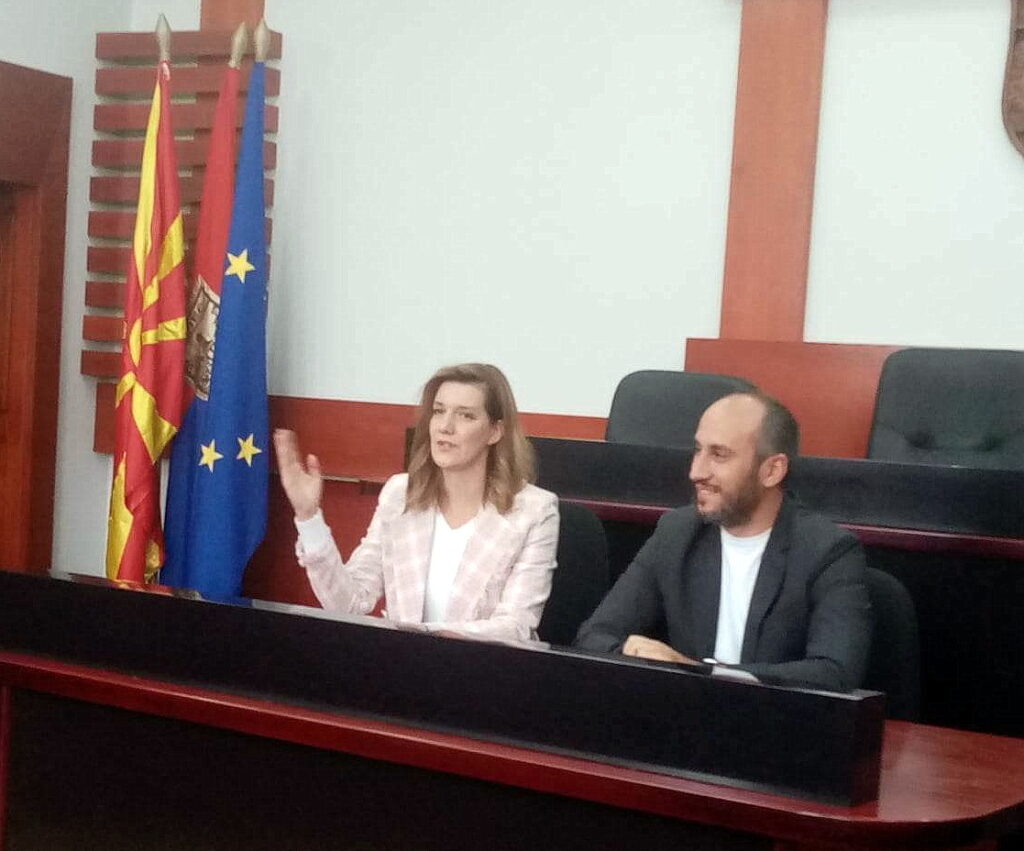Visegrad project nr 2, Building International Bridges –
Social Entrepreneurship as a Tool for Local Economic Empowerment
IMPLEMENTATION PERIOD: 2023
Short description of the project:
The follow-up builds on the results of Visegrad Fund supported project „Social Economies without Borders”. It deepens established international exchanges in order to inspire social impact regarding the legislation, financial support, shaping public opinion etc.
The project has a 2-fold effect by:
- Fostering international good practices exchange/networking on social inclusion/entrepreneurship
- Using international practices to stimulate national/local authorities, companies and social enterprises to use social entrepreneurship as a tool for the socio-economic empowerment of marginalized groups.


Additional challenges are connected to finding sustainable solutions for local communities whereby marginalized citizens, including seniors, need to be activated. Increased by the Corona-crisis, elderly exclusion/loneliness, cultural tourism and de-institutionalization are the focus of the project that also responds to the goal of the Europe 2020 Strategy: “promoting social inclusion, in particular by reducing poverty and aiming to lift at least 20 million people out of poverty and social exclusion” and to the UN Sustainable Development Goals.

